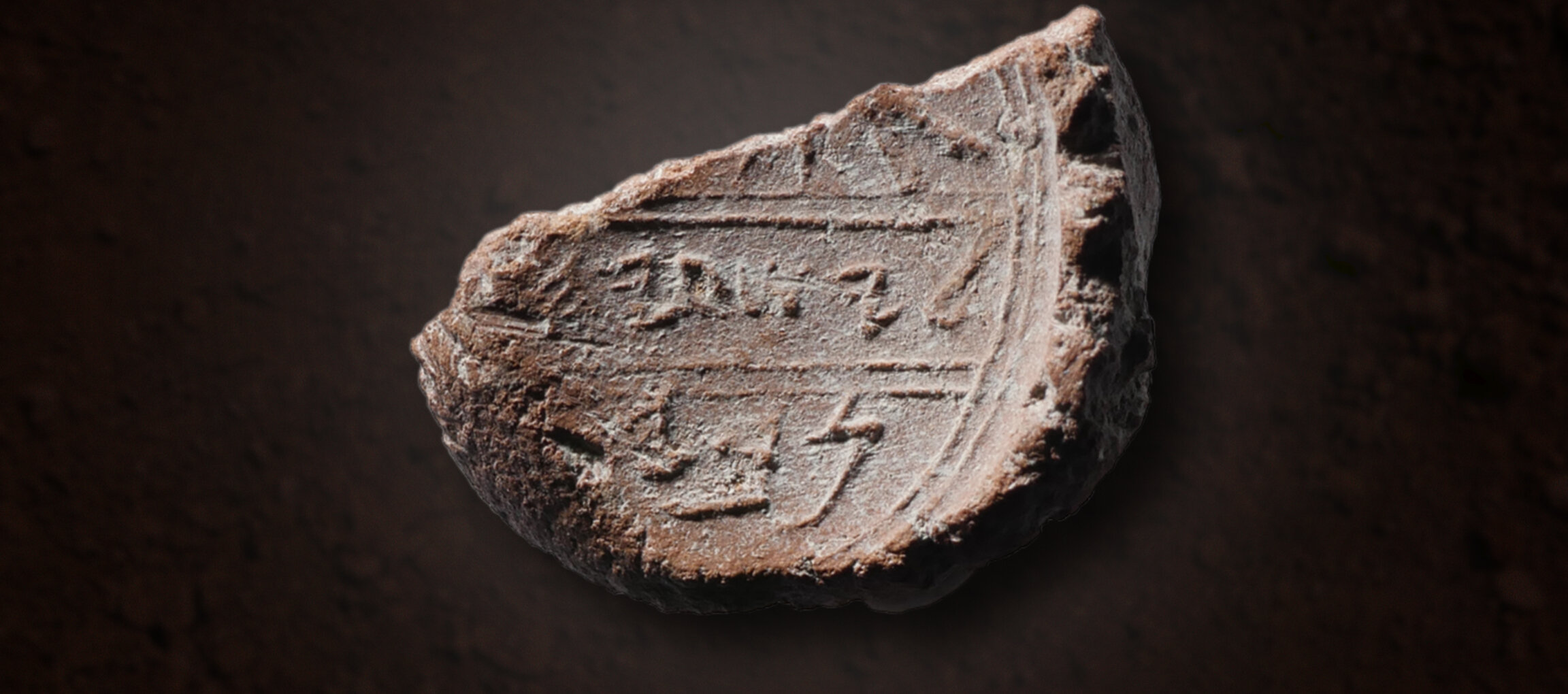In 2 Kings 19, King Hezekiah responds to the threat of Assyrian invasion by praying earnestly and then dispatching servants to seek the counsel of “Isaiah the prophet the son of Amoz.” 2 Kings 20 records that King Hezekiah was struck with a fatal illness and that the prophet communed with the king in his private chambers. Later in this same chapter, Isaiah visits Hezekiah again, this time with a message of correction.
Hezekiah and Isaiah were more than just contemporaries. Outside of King David and the Prophet Samuel, this is the most influential and productive king-prophet relationship in the Bible. Whenever Hezekiah faced crisis or needed counsel, he turned to Isaiah. And the prophet, inspired by God, guided King Hezekiah—and all of Judah—through the crisis.
Consider this history and ask yourself: How likely is it that a bulla discovered within a few feet of King Hezekiah’s bulla and inscribed with the name Isaiah belonged to a man other than Isaiah the prophet?
Like the Hezekiah bulla, the Isaiah seal provides all humanity with a rare and wonderful opportunity. It brings to life some of the most extraordinary and inspiring history in Scripture. The history of King Hezekiah and the Prophet Isaiah is a story of ancient Judah’s repentance, redemption and national salvation. It is the story of how God, through a remarkable king-prophet alliance, saved a city and its people from terrorism, war and conquest.
And for some—sadly, too few—it is a story replete with lessons for today.


No comments:
Post a Comment